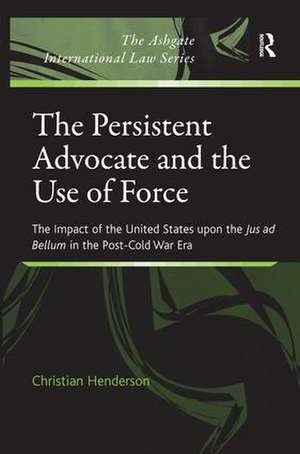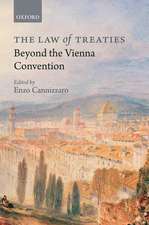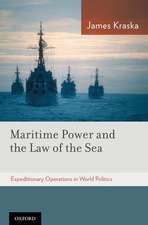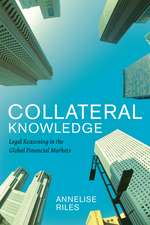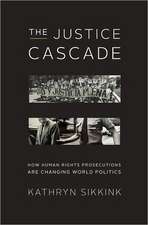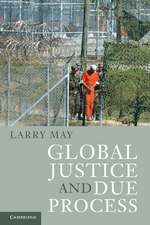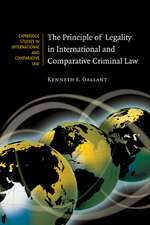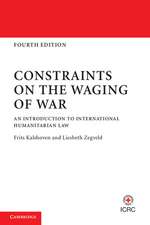The Persistent Advocate and the Use of Force: The Impact of the United States upon the Jus ad Bellum in the Post-Cold War Era
Autor Christian Hendersonen Limba Engleză Hardback – 28 iul 2010
| Toate formatele și edițiile | Preț | Express |
|---|---|---|
| Paperback (1) | 469.34 lei 6-8 săpt. | |
| Taylor & Francis – 26 oct 2016 | 469.34 lei 6-8 săpt. | |
| Hardback (1) | 1054.71 lei 6-8 săpt. | |
| Taylor & Francis – 28 iul 2010 | 1054.71 lei 6-8 săpt. |
Preț: 1054.71 lei
Preț vechi: 1286.24 lei
-18% Nou
Puncte Express: 1582
Preț estimativ în valută:
201.83€ • 212.23$ • 166.76£
201.83€ • 212.23$ • 166.76£
Carte tipărită la comandă
Livrare economică 17 aprilie-01 mai
Preluare comenzi: 021 569.72.76
Specificații
ISBN-13: 9781409401735
ISBN-10: 1409401731
Pagini: 226
Dimensiuni: 156 x 234 x 14 mm
Greutate: 0.45 kg
Ediția:1
Editura: Taylor & Francis
Colecția Routledge
Locul publicării:Oxford, United Kingdom
ISBN-10: 1409401731
Pagini: 226
Dimensiuni: 156 x 234 x 14 mm
Greutate: 0.45 kg
Ediția:1
Editura: Taylor & Francis
Colecția Routledge
Locul publicării:Oxford, United Kingdom
Cuprins
Contents: Foreword, Nigel D. White; Preface; Introduction; Assessing impact upon the jus ad bellum; Part I The Use of Force Under the Auspices of the United Nations Security Council: The functioning of the United Nations collective security system: the authorization technique; The unilateral determination of authority to use force under the auspices of the Security Council (I) the revival of authority; The unilateral determination of authority to use force under the auspices of the Security Council (II): enforcing the collective will. Part II The Use of Force in Self-Defence: Self-defence and terrorism: the harbouring standard of attribution; The doctrine of pre-emptive self-defence; Conclusion; Postscript; Index.
Notă biografică
Christian Henderson, Lecturer in Law, Department of Law, Oxford Brookes University, UK
Recenzii
'Dr. Henderson's book is a testament against those who believe the United States wholly disregards the United Nations and international law. His highly detailed account of action within the Security Council tells a different and more hopeful story about the US and the persistence of law against war.' Mary Ellen O'Connell, University of Notre Dame, USA 'This is a must read for anyone seeking to understand the complex journey international rules on the use of force have taken since the end of the Cold War. Henderson argues that efforts by powerful states to change the rules through their actions will succeed only to the extent that justifications for those actions are accepted by an interpretive community of states and other legal actors. A highly readable and ultimately persuasive account of why international law matters and how it evolves.' Ian Johnstone, Tufts University, USA 'This impressive book makes a genuine contribution to our knowledge of the US impact upon the jus ad bellum. It presents sound arguments and offers illuminating conclusions about the acceptability of unilateral enforcement of United Nations Security Council resolutions and the use of force in self-defence in the post-Cold War era.' Nigel D. White, University of Nottingham, UK
Descriere
The Persistent Advocate and the Use of Force provides a comprehensive, dispassionate empirical analysis and assessment of the discernible impact that the US has had upon the jus ad bellum in the post-Cold War era. It offers a much needed examination of one of the most controversial issues of international law in recent times and will be of key interest to scholars and practitioners of legal and political studies.
